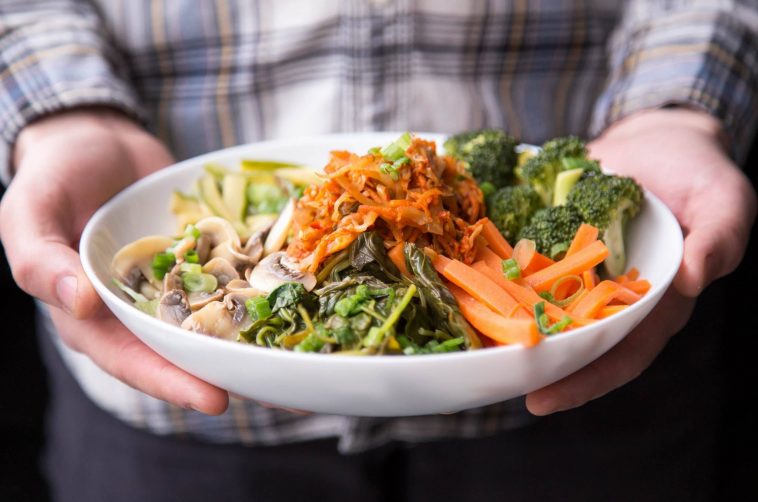Are you interested in increasing your plant-based protein intake? Excellent! Extensive research suggests that replacing animal proteins with plant proteins is linked to a host of health benefits including reduced risks of heart disease, obesity, type II diabetes and certain types of cancer. Plus, it’s more environmentally sustainable. Are you concerned that you won’t be able to meet your daily protein requirements on a plant-based diet? Worry not! I’ve rounded up some of the top plant-based protein sources to help ensure otherwise.

Tofu, tempeh and edamame
Tofu, tempeh and edamame are all soy-based, but vary in their form and texture. This means that the significant amount of protein that can be derived from soybeans can be incorporated into our diet in a variety of ways. In its rawest form, shelled edamame lends a good boost of protein to dishes such as warm and cold salads. Tofu on the other hand, can be crumbled or cubed into stir-frys, while tempeh is chewier and better resembles meat, making it better for sandwiches.

Legumes
Legumes are nutritious, inexpensive and versatile. They include beans (ie. garbanzo, kidney and black), as well as, peas and lentils. Legumes are high sources of fibre, are low in fat, and are also often high in iron. In their raw form, they can be enjoyed in soups, salads and stews. Legumes can also be blended into puréed soups or even made into dips such as hummus.
Hemp seeds
Like soybeans, hemp seeds are a complete source of protein. This means that like animal proteins, they contain all of the essential amino acids that our bodies must obtain through diet. This is rare to find in plants, therefore making these types of vegan proteins particularly valuable to a vegan diet. In addition to being a rich source of complete protein, hemp seeds are also packed with essential, omega-3 fatty acids, which help to support heart health. Try using hemp seeds to top oatmeal, parfaits and salads.

All-natural peanut butter
Peanuts are also legumes and like others in this family, they too are very versatile. While nut butters in general are good sources of protein, peanut butter is particularly valuable to a plant-based diet because it is typically the least expensive. Traditionally, peanut butter is used as a breakfast condiment, but it can also help to boost the protein of homemade salad dressings, marinades and sauces. To avoid unnecessary sugars and additives, be sure to opt for all-natural peanut butter varieties.
Which ones of these vegan proteins are you most familiar with? Interested in introducing to your diet? If you are vegan, it is especially important to ensure that you are eating enough of and a variety of protein sources to ensure that you are meeting your daily requirements.
Read more:
- The Buzz on Baru Seeds
- Ice Ice Baby… Three Ingredient Vegan Ice Cream



